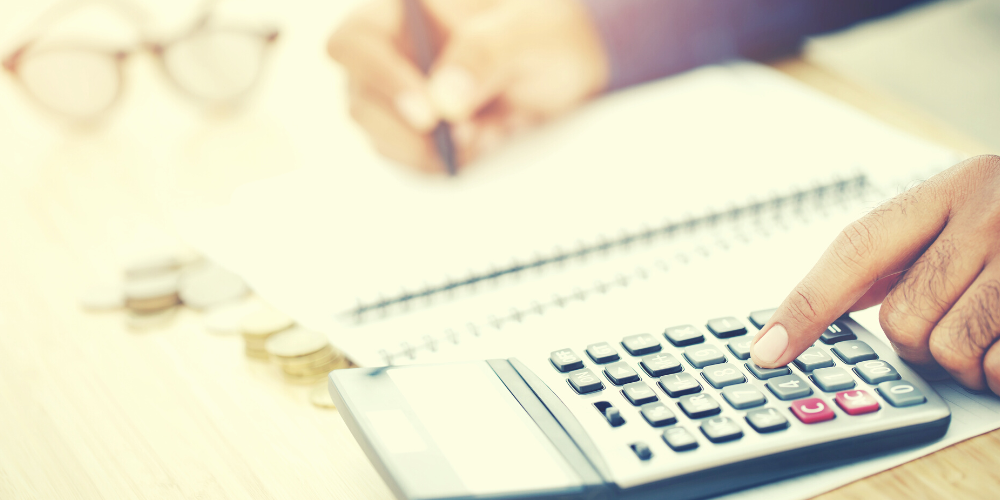Tax Benefits of Owning a Home in 2022
https://www.c4dcrew.com/wp-content/uploads/2019/11/CONTRACT-FOR-DEED_-PROS-AND-CONS.png 1000 500 Sam Radbil Sam Radbil https://secure.gravatar.com/avatar/0cd60208d9de9b4ec7236a52868375f0187854b5ee1fefa7603d0294819d3045?s=96&d=mm&r=gFirst time home buyer tax credits are extremely useful for anyone looking to save a few bucks when making their first huge purchase. Read on below for key reasons and money-saving tips.
Big tax code changes occurred recently, and they are effective for the tax year 2022.
The most sweeping change moved the standard deduction up to to $24,000 for married couples, and this was meant to encourage taxpayers to stop itemizing deductions because, in many cases, the $24,000 standard deduction would be preferable to itemizing. Based on the latest tax bracket data for 2022 go, higher-income earners may find itemizing more beneficial than taking the standard deduction.
A favorite deduction for homeowners was mortgage interest, and now, with the new tax laws, it may make more sense to ignore the mortgage interest you have paid and just claim the standard deduction.
That said, there are still significant tax advantages to homeownership, and you should definitely consider these when considering home buying versus renting.
That Mortgage Deduction

If you make a nice amount of money and you have an expensive home, you will want to deduct the interest paid on your mortgage if your total deductions are going to be more than $24,000. This deduction is valid for mortgage amounts up to $750,000.
For example, if you have a $700,000 30-year mortgage at five percent, your monthly interest payment in the first year of the loan will be around $3000.
That adds up to $36,000 per year, and therefore it would make more sense to skip the standard deduction and claim the mortgage interest deduction. This is the number one advantage of homeownership.
Property Tax Deduction

If you are able to forgo the standard deduction and claim your mortgage interest, you can also claim a deduction for up to $10,000 of property taxes.
Add your $10,000 property tax deduction to your mortgage interest deduction, and your itemized deductions will reach a substantial total of $40,000—again, enough to ignore the $24,000 standard deduction.
First Time Home Buyer Tax Credit

During the Great Recession, there was a program that offered a first-time home buyer tax credit to first time home buyers. Unfortunately, this first-time home buyer tax credit has expired and is no longer available on the federal level. Our friends at Smartasset explain this:
If you’re still looking for the first-time home buyer credit, it unfortunately no longer exists. The program ended in 2010. However, people who purchased homes before 2010 can still benefit from the tax credit initiative. Specifically, you may still be eligible if your closing took place on or before September 30, 2010. People who purchased homes after 2010, however, won’t benefit from the tax credit.
Still, there are some state programs that may offer incentives to those looking for a first-time home buyer tax credit, so you need to check out what your state may offer.
Home Equity Loan Benefits
While you previously were able to more liberally deduct home equity loan interest, now you can only deduct it if you are using it for a specific purpose like home improvements. Still, this can be a worthwhile deduction to take. The IRS explains:
Despite newly-enacted restrictions on home mortgages, taxpayers can often still deduct interest on a home equity loan, home equity line of credit (HELOC) or second mortgage, regardless of how the loan is labeled. The Tax Cuts and Jobs Act of 2017, enacted Dec. 22, suspends from 2018 until 2026 the deduction for interest paid on home equity loans and lines of credit, unless they are used to buy, build or substantially improve the taxpayer’s home that secures the loan.
Profits from Home Sales
Finally, one big homeownership tax benefit does still exist and that allows tax-free profits from the sale of your home. Check out this explanation from CBS MarketWatch:
If you sell your main home for a healthy profit, the gain exclusion privilege can be one of the most valuable tax breaks on the books. If you qualify, you can potentially exclude (pay no federal income tax on) up to $250,000 of home-sale profit or up to $500,000 if you are married and file a joint return with your spouse. Since residential real estate prices are bouncing back strongly in many areas, the gain exclusion break has regained its relevancy.
Even though the government has increased the standard deduction to $24,000 and has repealed the first-time home buyer tax credit per se, there are still substantial tax advantages connected with homeownership.
Renting versus buying can always be a dilemma but do consider the tax benefits we have explained above as you work through the process.





